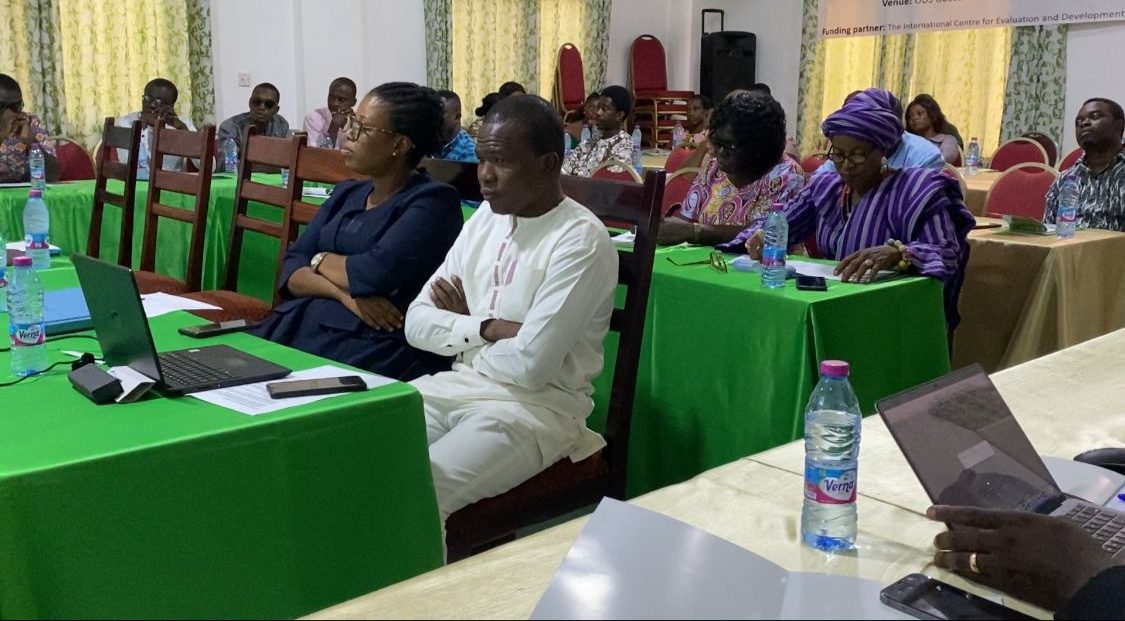Government has been urged to prioritize women’s nutritional needs when implementing infrastructural policies. This according to scientists, will help improve women’s incomes and the well-being of individual households.
These recommendations follow a research conducted by the University for Development Studies, which revealed that the presence of physical infrastructure such as markets and storage facilities has a positive impact on women’s nutritional needs.
The research was conducted in the Bono East and Northern regions of Ghana by the Kazuhiko Takeuchi Center for Sustainability and Resilience of the University for Development Studies on Women’s Empowerment and Nutrition in Ghana: The Role of Physical Infrastructure revealed that “Using multiple physical infrastructures, which was characterized by both markets and storage facilities, produce the largest impact on women’s empowerment, gender equality, food security, and nutrition.”

The findings further indicated that “The positive impact of physical infrastructure on women’s dietary diversity and children’s dietary diversity was mediated through higher crop diversification and more accumulated assets.”
In an interview with Citi News at the sidelines of a validation workshop held in Tamale, the Director of the Kazuhiko Takeuchi Center for Sustainability and Resilience, Professor, Hamdiyah Alhassan, urged the government to consider women’s nutritional needs when making key policies
“It’s good to build roads and irrigation facilities but in doing this, he has to take women into consideration, inclusivity, consideration on one aspect of infrastructure development will not help us gain the maximum benefit but when we complement.”
According to Professor Hamdiyah Alhassan, “how market and storage facilities individually influence women empowerment and nutrition, is different from when they combine the usage of market and storage facility. So as much as possible, in constructing storage facility we should ensure there is market facilities which will make it possible for women to access nutritious diet in the market.”
Professor Samuel Donkoh, Dean of the School of Economics who was the chairman for the validation workshop, in his address, bemoaned the continuous gender disparities facing women in Ghana which is further exacerbated by the COVID-19 pandemic and the world economic challenges.
“The social and economic fallout from the COVID-19 pandemic has made the situation worse and gender response budgeting is falling behind, women’s health services already poorly funded are getting worse,” he said.
Source: citifmonline


Comments